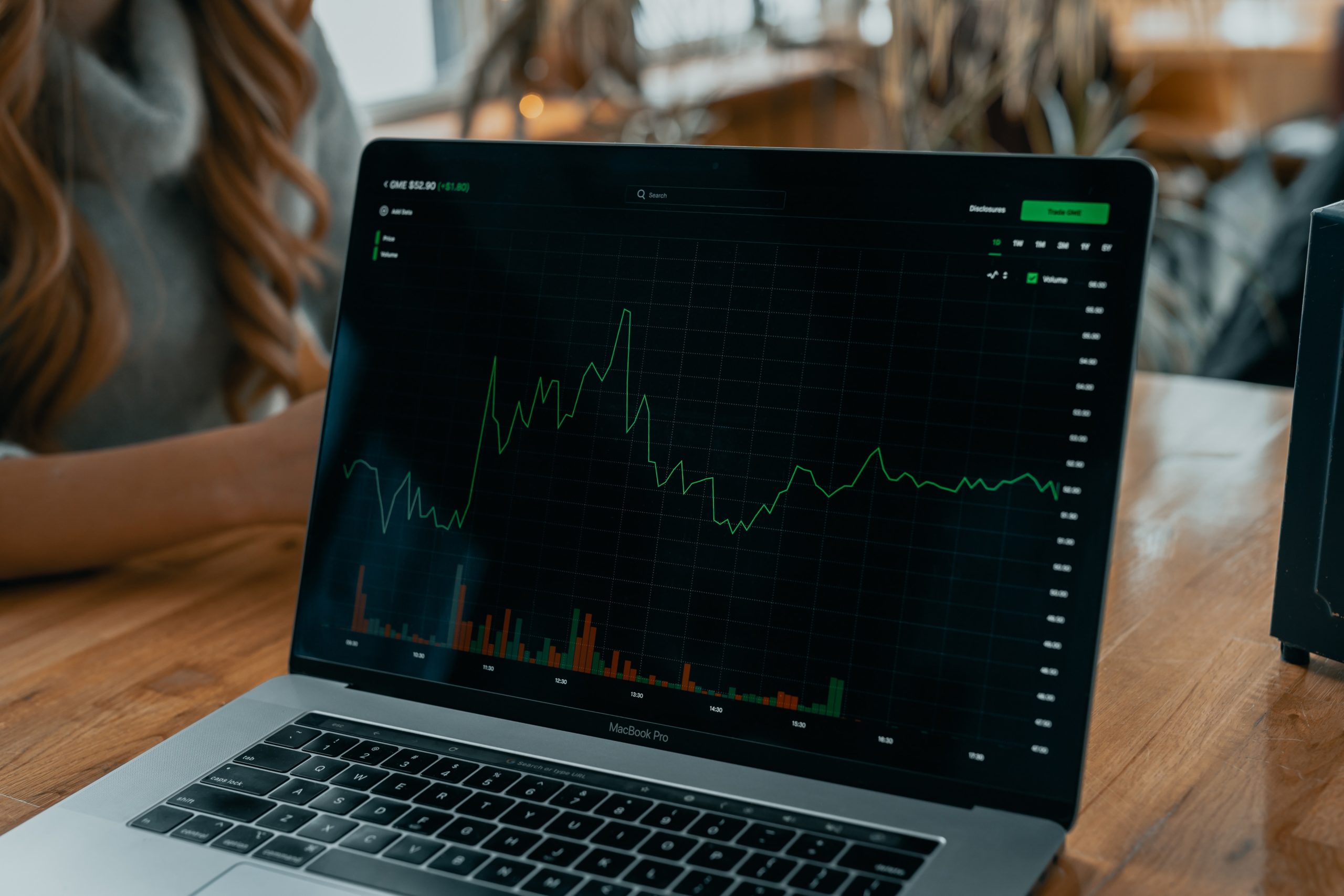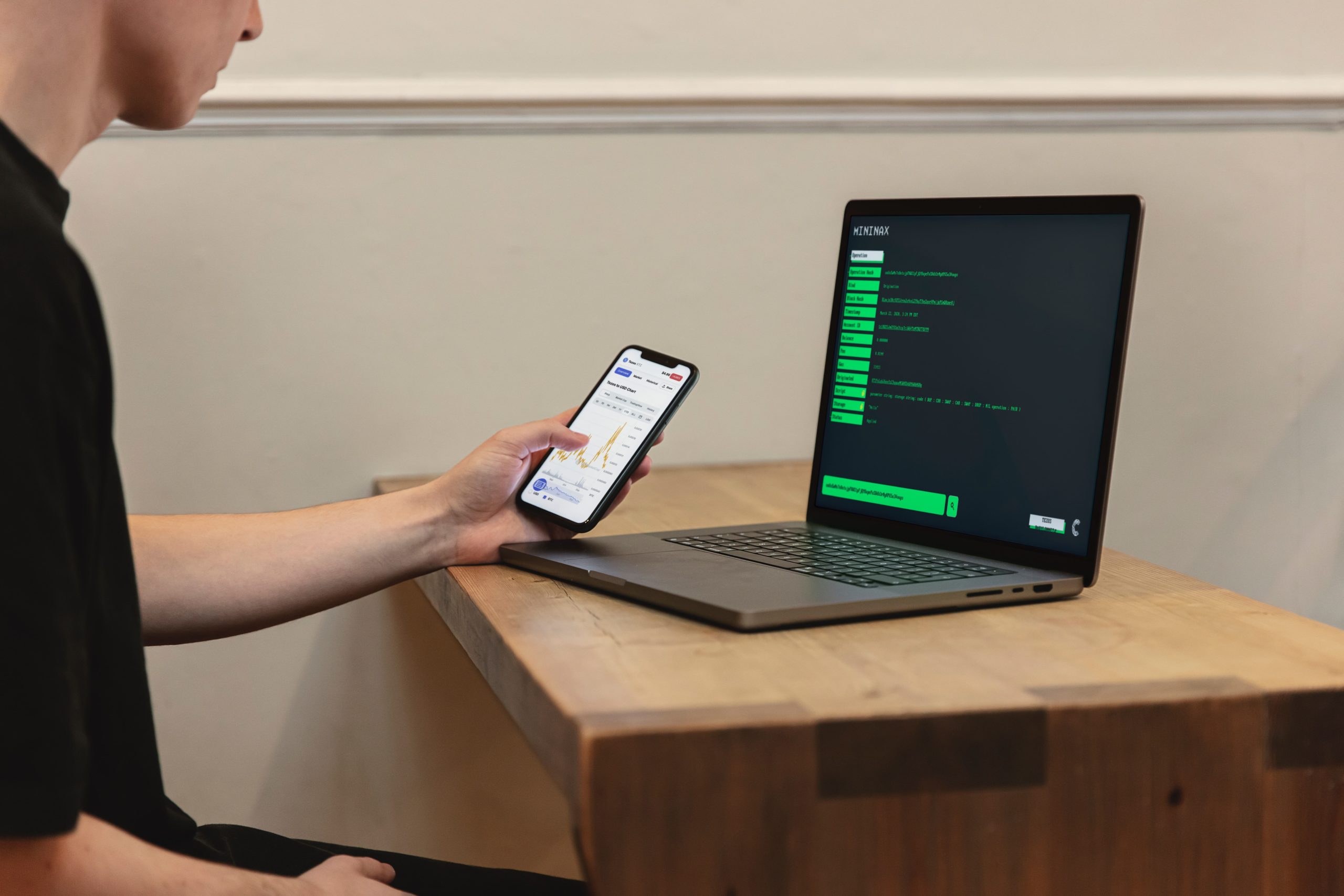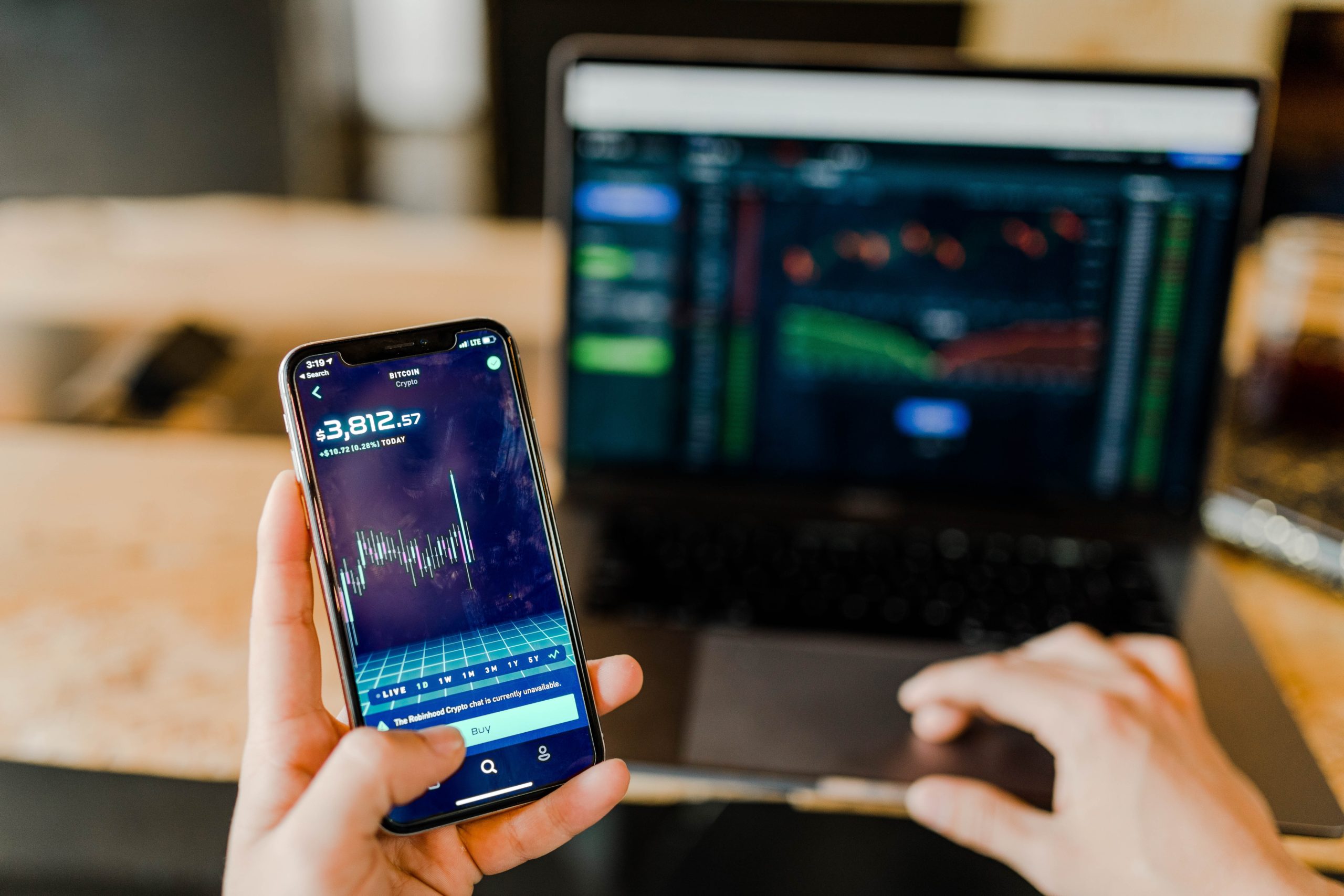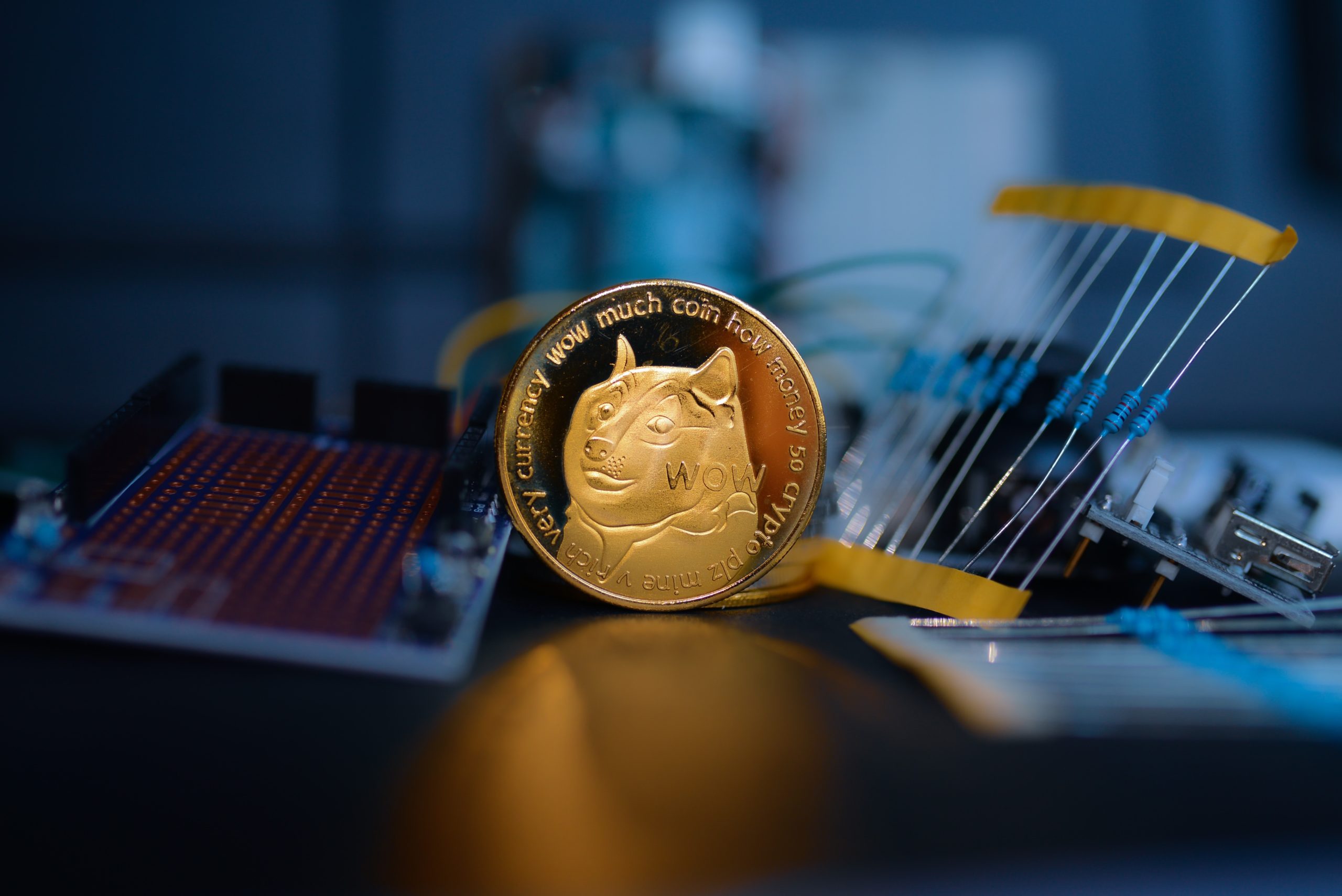An unprecedented form of digital currency emerged during the last two decades and disrupted the way we see money altogether. Cryptocurrency; is an intangible digital currency that is nearly impossible to counterfeit. Cryptocurrencies run on decentralized networks of disparate computers that operate and manage a distributed ledger known as blockchains. Immune from state interference and monetary policies, cryptos are often linked to black markets and deep webs.
Here we will explore the enigma of one such cryptocurrency that went from $0.09 in 2009 to $65,000 in 2021! We will also explore ways you can invest in Bitcoins safely and what precautions you must take should you choose to invest.
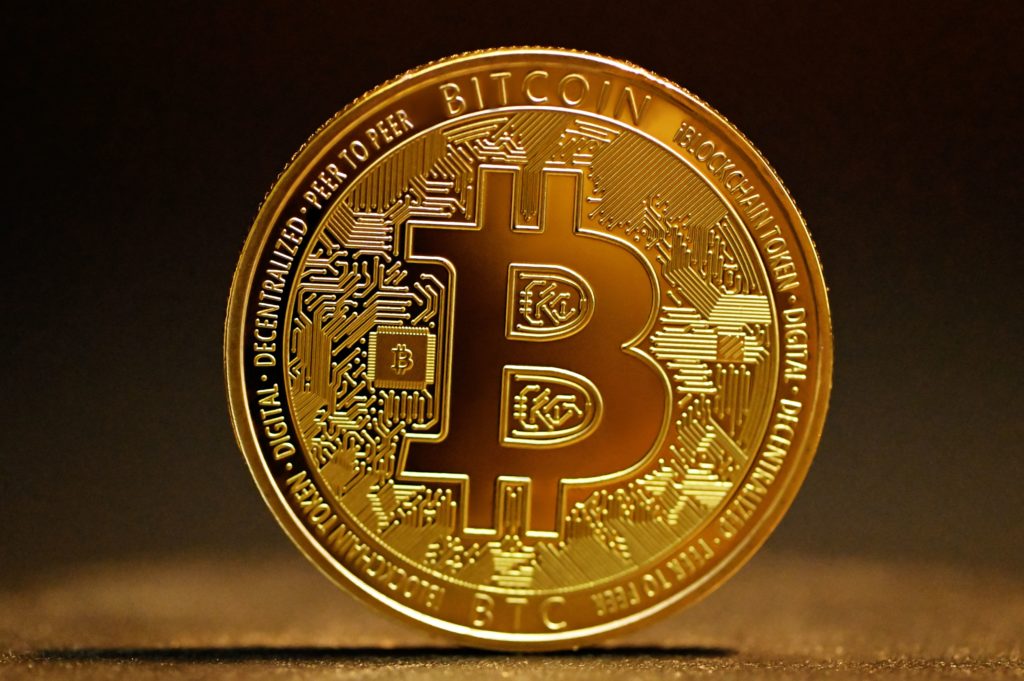
Inception and life-cycle of Bitcoin
Bitcoin has become a common term across the globe and is often used interchangeably to represent cryptocurrency itself. The currency – which runs on blockchain – has seen meteoric growth in recent years. Experts suggest that the price of Bitcoin will surge further as cryptocurrency and blockchain technologies become prevalent in our day-to-day life.
Buying and trading in Bitcoins
But trading Bitcoins (BTC) comes with heavy risks. In 2017, when the currency was trading at $20,000, it plummeted to $3,100 overnight! A nose dip and crash landing scenario were only a few that survived to tell the tale. Regardless of this sudden downfall people are flocking to get their hands on this 21st-century marvel.
To trade BTC or any other cryptocurrency for that matter, a crypto exchange is required. A crypto exchange is akin to a foreign exchange market, but its existence is virtual. Buyers and sellers meet here and trade against dollars or other cryptocurrencies.
Thousands of trade instances take place every second, you have to opt for the ones that are most secure and low fee. There are several exchanges you can choose from; we have earmarked the most sought-after below:
- Coinbase
- Crypto.co
- Gemini
- BitMart
- Kraken
Spending time on these exchanges you will notice the terminology of “trading pairs”. Trading pairs are cryptocurrencies linked to a tangible currency such as US$, or any other cryptocurrency. For instance, BTC to Tether (another cryptocurrency) or USD Coin. By linkage, we mean that a change in any one of the linked currencies will be reflected in charge of the other
Once you have made up your mind about the exchange marketplace, the first step is to fund your account. You will also need a BTC wallet; if one is not already integrated into the selected exchange, you will need to find one separately. All that is left to do is to strike the action button or enter the BTC ticker symbol in the given field along with the amount you wish to invest.
Depending on the prevailing price of a BTC, purchasing one full BTC requires a large amount. For instance, if the current price is $30,000 and you invested $1,000; you will own a percentage or part of one BTC, i.e., 0.033 of BTC.
Funding options
Cryptocurrency exchange can be funded through various methods, each having its own merits and disadvantages. A credit card, for instance, maybe a very convenient method, however, platforms charge hefty transaction fees. Another method is funding your investment through PayPal or other similar platforms.
In USA and countries where it is legal to trade in cryptocurrencies, Bitcoins ATMs are placed at various locations. However, instead of withdrawing cash, investors put in cash to buy BTC. The purchases are transferred to the user’s wallet online.
A handful of brokerage firms offer crypto trading too. For instance, Robinhood Markets or HOOD is a popular application that allows investors to trade in leading cryptos especially BTC at a 0% trade fee. The house earns on the payment for order flow, i.e., shifting its trade volumes to other crypto exchanges or brokerage firms.
Storing Bitcoins
The bitcoins you purchase are stored in a Bitcoin; usually integrated with the platform. Many investors feel uncomfortable keeping their investments connected to the internet. ‘Hot-Wallets’ as the online wallets are referred to are considered vulnerable to hackers and theft.
The most favored method of securing investment is using a ‘Hardware Wallet”. Essentially a machine that stores a large number of personal keys to assets. These wallets allow users to interact with wallets and platforms without ever exposing the assets. Trezor and Ledger are two very well-known hardware wallets supporting BTC and other cryptos.
Offline Storage or Cold Storage or Cold-Wallet are another for storing your Bitcoins. Although no longer considered as secure as they used to be, however, as a temporary means you may use them. A cold wallet is a piece of paper that has your public and private keys to your crypto account. Naturally, it is completely offline unless someone has physical possession of the chit.
Software Wallets are desktop wallets also referred to as ‘Hot-Wallets’. These programs are designed to secure and store your cryptocurrencies. Hot wallets are also available as applications that can interact with the platforms to manage your crypto assets. Trust wallet is one such hot wallet.
Safety first
While the prices are sky high, investing in bitcoins may be the most tempting thing to do. However, cryptocurrency is still in its infancy, many states do not encourage its trade, and many have altogether banned it. Surrounding rumors also add up to the mystery. However, we have witnessed plenty of young folk making a fortune; early birds who bought Bitcoins when it was sold for a fraction of a dollar.
Still, if the appeal is too much to resist, we advise that you collect as much information as you can. Join public forums with people sharing your interest, online platforms, etc. before you buy. A little investment may result in high yields!

